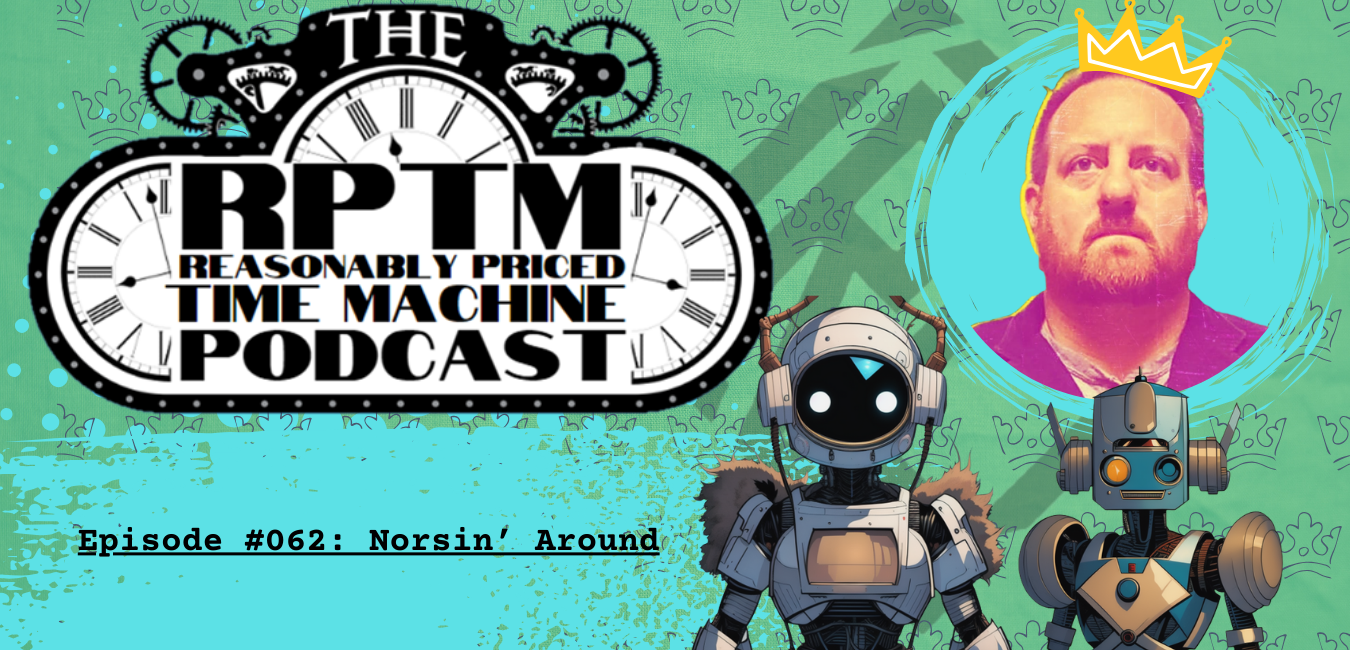|
The Archaic period in early American history marked a significant shift from nomadic hunting and gathering to settled communities with diversified diets and advanced tools. Before this era, Paleo-Indians had relied on a limited range of food sources. However, during the Archaic period, larger groups began to settle in one place for part of the year, cultivate their crops, and invent essential tools like baskets and fishhooks. This transition allowed for more complex societies typified by cultures like the Mound Builders. Studying this period is crucial for understanding early American communities' evolution, adaptability, and how they addressed environmental challenges. In the post-Archaic stage, comprising the Formative, Classic, and post-Classic periods, we observe further cultural development and the establishment of extensive trade networks. The Woodland period featured the Hopewell tradition, marked by elaborate trade routes and activities centered around rivers. Teotihuacan, an ancient Mesoamerican city predating the Aztec Empire, provides invaluable insights into early civilizations. These studies enrich our comprehension of North American history, trade dynamics, and ancient cultures while challenging conventional narratives and promoting a more inclusive perspective. Furthermore, acknowledging the detrimental impact of the White Myth on Native American history is essential for addressing past injustices and fostering a more respectful and comprehensive understanding of history. Main Topics:
SHOW NOTES Step into the Time Machine: Hit that subscribe button to ensure you never miss an episode! Support our podcast by leaving a review, sharing your favorite episodes with friends, and helping us spread the love for all things history-related. Subscribe, engage, and be part of the RPTM Podcast community today! Hosts: Ryan Lancaster ARCHIE HILDY Producer: Ryan Lancaster Executive Producer: Ryan Lancaster Sound Engineer: Ryan Lancaster Editor: Ryan Lancaster Theme Music Composer: Craig Riley Artwork Design: Ryan Lancaster Recorded at: Ryan Lancaster Studios Email: ryan.g.lancaster@gmail.com Social Media: Facebook: Ryan Lancaster Instagram: ryan.g.lancaster Twitter: @MayorMcSweet YouTube: RyanGLancaster Website: www. ryanglancaster.com
Hey, welcome to the work cited section! Here's where you'll find all the heavy hitters that inspired the content you've just consumed. Some might think citations are as dull as unbuttered toast, but nothing gets my intellectual juices flowing like a good reference list. Don't get me wrong, just because we've cited a source; doesn't mean we're always going to see eye-to-eye. But that's the beauty of it - it's up to you to chew on the material and come to conclusions. Listen, we've gone to great lengths to ensure these citations are accurate, but let's face it, we're all human. So, give us a holler if you notice any mistakes or suggest more sources. We're always looking to up our game. Ultimately, it's all about pursuing knowledge and truth.
Content Ownership and Use
All content, including but not limited to audio recordings, text, images, graphics, and any other material available through the Podcast, is protected by copyright law. The Podcast and its content are owned and operated by Professor Lancaster unless otherwise indicated. Permissions and Fair Use You may listen to, download, and share episodes of the Podcast for personal, non-commercial use only. Any other use, including but not limited to reproduction, distribution, or public performance, requires the explicit written consent of Professor Lancaster. Third-Party Content The Podcast may feature content or materials from third parties, including guest interviews, music, or excerpts from other sources. The rights and permissions for such third-party content are the responsibility of the respective copyright owners, and their use may be subject to separate terms and conditions. Disclaimers The Podcast is provided for informational and entertainment purposes only. The views and opinions expressed in the Podcast are those of the hosts and guests. The Podcast does not constitute legal, financial, medical, or professional advice. Listeners should consult with relevant professionals for specific advice related to their circumstances. Changes to Terms We reserve the right to modify, amend, or update this Legal and Copyright Information anytime. It is your responsibility to review this document periodically for changes.
0 Comments
Leave a Reply. |
AuthorRyan Lancaster wears many hats. Dive into his website to learn about history, sports, and more! Archives
April 2024
Categories |




 RSS Feed
RSS Feed